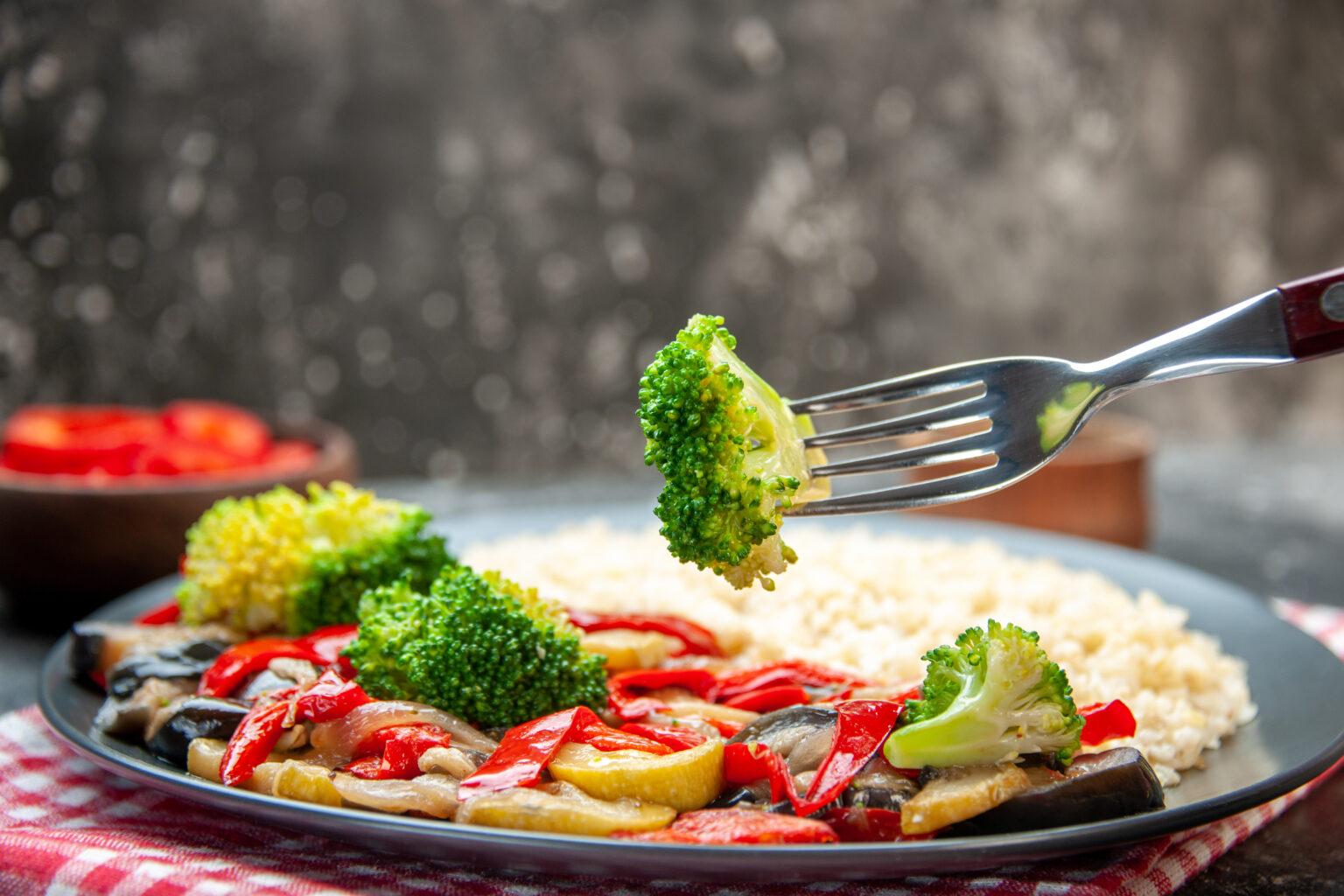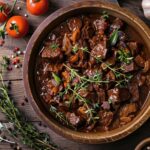A lacto-ovo vegetarian diet is a popular dietary choice that includes plant-based foods along with dairy products and eggs. While this diet can be nutritionally balanced and provide numerous health benefits, it’s important to pay attention to certain essential nutrients to ensure optimal well-being. By incorporating a variety of nutrient-rich foods, lacto-ovo vegetarians can meet their dietary requirements and maintain a healthy lifestyle. In this article, we will explore the key nutrients to focus on in a lacto-ovo vegetarian diet.
- Protein: Protein is crucial for numerous bodily functions, including the growth, repair, and maintenance of tissues. While animal products are excellent sources of protein, lacto-ovo vegetarians can obtain adequate amounts from plant-based sources such as legumes (e.g., lentils, chickpeas), tofu, tempeh, seitan, dairy products, and eggs. Combining complementary proteins, such as beans and rice, can enhance the quality of protein in the diet.
- Iron: Iron is essential for oxygen transport and the formation of red blood cells. Plant-based sources of iron in a lacto-ovo vegetarian diet include leafy green vegetables (e.g., spinach, kale), legumes, whole grains, nuts, and seeds. To enhance iron absorption, it is advisable to consume vitamin C-rich foods (e.g., citrus fruits, tomatoes) alongside iron-containing foods.
- Vitamin B12: Vitamin B12 is primarily found in animal-based foods, and its deficiency can be a concern for lacto-ovo vegetarians. It is essential for nerve function, DNA synthesis, and the formation of red blood cells. To meet the B12 requirements, lacto-ovo vegetarians should include fortified foods like plant-based milks, cereals, and nutritional yeast, or consider B12 supplements after consulting with a healthcare professional.
- Omega-3 Fatty Acids: Omega-3 fatty acids play a vital role in heart health, brain function, and inflammation regulation. While fish is a common source of omega-3s, lacto-ovo vegetarians can obtain them from plant-based sources like flaxseeds, chia seeds, hemp seeds, walnuts, and algae-based supplements. Including these sources regularly ensures an adequate intake of essential omega-3 fatty acids, specifically EPA and DHA.
- Calcium: Calcium is essential for healthy bones and teeth, muscle function, and nerve transmission. Lacto-ovo vegetarians can obtain calcium from dairy products such as milk, yogurt, and cheese, as well as plant-based sources like fortified plant milks, tofu, tempeh, almonds, kale, and broccoli. Ensuring sufficient vitamin D intake is important for optimal calcium absorption.
- Zinc: Zinc is involved in immune function, wound healing, and the production of enzymes and hormones. Plant-based sources of zinc include legumes, nuts, seeds, whole grains, and dairy products. Soaking, fermenting, or sprouting these foods can enhance zinc bio-availability.
- Vitamin D: Vitamin D is essential for calcium absorption, bone health, and immune function. While sunlight is the primary source of vitamin D, lacto-ovo vegetarians can obtain it from fortified plant-based milks, mushrooms exposed to UV light, and supplements if necessary.
A well-planned lacto-ovo vegetarian diet can provide all the essential nutrients required for optimal health. By focusing on protein, iron, vitamin B12, omega-3 fatty acids, calcium, zinc, and vitamin D, lacto-ovo vegetarians can ensure that their dietary needs are met. It is important to emphasise variety and balance in food choices to maximise nutrient intake. Consulting with a registered dietitian can also be beneficial in creating a personalised lacto-ovo vegetarian meal plan that meets individual nutritional requirements.








